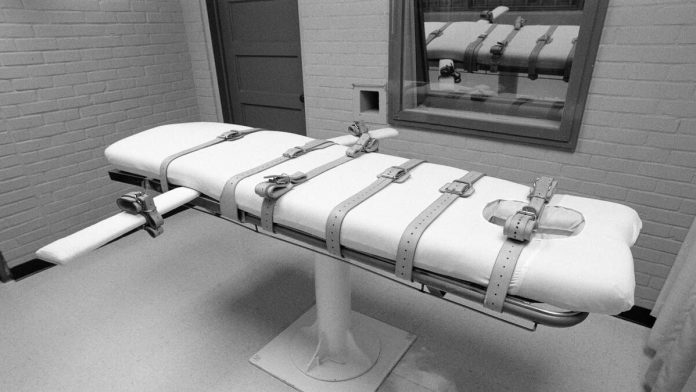The Texas Supreme Court issued a temporary stay of execution for Robert Roberson late Thursday (October 17) night, following a series of legal maneuvers by a bipartisan group of state lawmakers. Roberson was sentenced to death in 2003 for the murder of his two-year-old daughter, Nikki, a case that hinged on a diagnosis of ‘shaken baby syndrome’ (SBS). However, this diagnosis has since been challenged by scientific research, leading to the exoneration of 34 people across the country, according to the National Registry of Exonerations.
Roberson, who maintains his innocence, had sought to challenge his conviction using Texas’s ‘junk science’ law, which allows individuals to contest their convictions if they were based on flawed forensics. Despite the mounting evidence undermining the state’s case against him, Texas courts had greenlit his execution for October 17. As the execution date approached, Roberson gained the support of over 80 bipartisan Texas lawmakers, who urged both the board and the courts to spare his life.
In a last-ditch effort to delay Roberson’s execution, the Texas House Committee on Criminal Jurisprudence issued a subpoena for Roberson to testify before the panel as it reconsiders the lawfulness of his case. This move provided new hope for Roberson’s attorneys after multiple appeals in state courts were rejected, the Texas pardons board declined his bid for clemency, and the US Supreme Court declined to intervene.
The Texas Supreme Court’s decision to halt the execution came shortly before Roberson’s death warrant was set to expire at midnight. A new date must now be set for Roberson’s execution, providing precious time for his attorneys and the bipartisan group of Texas House members who believe he was wrongfully convicted. Roberson is expected to testify before the House Committee on October 21.
According to The Intercept, Roberson’s attorney, Gretchen Sween, said, “The vast team fighting for Robert Roberson — people all across Texas, the country, and the world — are elated tonight that a contingent of brave, bipartisan Texas lawmakers chose to dig deep into the facts of Robert’s case that no court had yet considered and recognized that his life was worth fighting for.”

Recent Comments